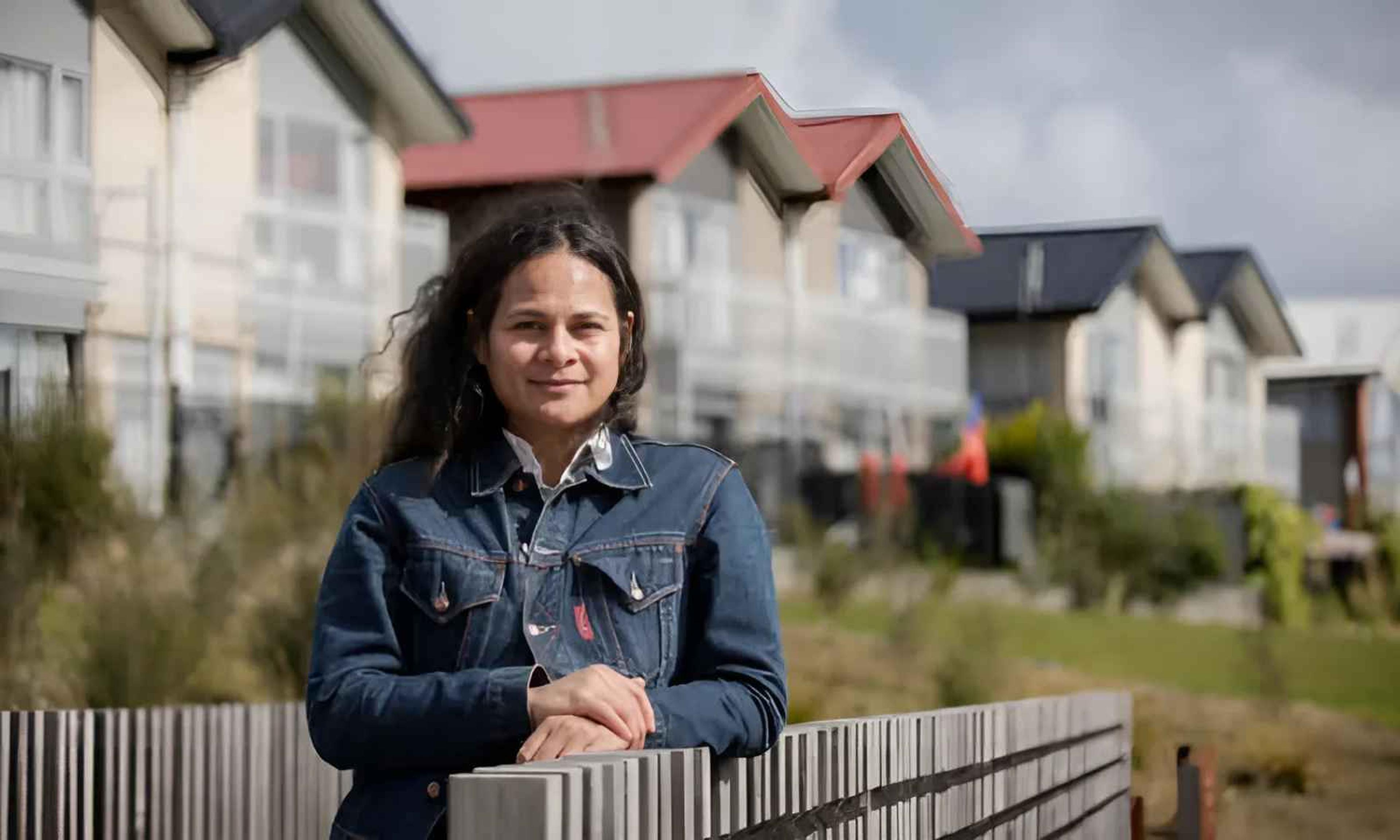

Karamia Müller became the first Sāmoan woman in the world to graduate with a PhD in architecture.
Photo/Supplied
Pacific families risk being left out of housing reforms - academic
Dr Karamia Müller warns costs may push out small enterprises, worsening the Pacific housing crisis.



‘Love is justice, lived out loud’: Reverend Wayne Toleafoa honoured for service


Pacific leaders humbled by recognition in New Year 2026 Honours


Climate disasters in 2025 impact Pacific children, review finds

‘Love is justice, lived out loud’: Reverend Wayne Toleafoa honoured for service


Pacific leaders humbled by recognition in New Year 2026 Honours
An academic says the government’s sweeping building consent reforms may ultimately benefit the industry but could exclude Pacific-owned construction firms and fail to meet the housing needs of Pasifika families.
In an interview with William Terite on Pacific Mornings, senior architecture lecturer Dr Karamia Müller says that while reducing red tape can boost housing availability, the reforms may unfairly shift costs and risks onto small builders, particularly Pacific-owned small to medium enterprises.
“I’m not sold that they [the reforms] will necessarily be a good fix for us [Pacific people],” Müller says. “I talked earlier about Pacific businesses. They tend to be small to medium enterprises with 96 per cent of them tending to be small family-run businesses with less than 20 employees.”
She says these businesses may struggle with increased insurance risks. Insurance companies have already indicated that they will raise costs due to the proposed changes to the consenting process.
She explains that the changes could price Pacific businesses out of the sector, leaving them unable to compete with bigger companies that have more resources, including legal teams.
“I do think that we may leave Pacific builders unpredicted with these changes to consenting,” Muller says.
Watch Dr Karamia Müller's full interview below
According to the latest Census data, only 19.9 per cent of Pacific people own their homes, compared to the national rate of 51.3 per cent. This reflects a decrease in Pacific home ownership from 17.6 per cent in 2018.
“The government is absolutely right to want faster buildings that will improve overall housing and alleviate housing pressures overall,” Müller says.
“But unless that risk is shared fairly, Pacific people could be left out again and we have to, we have to do something to level the playing field. Otherwise, the housing crisis will always loom large for our community.”

Building and construction Minister Chris Penk announced the biggest change to the building consent system since the Building Act came into force in 2004. Photo/Supplied
Deputy Prime Minister David Seymour says his government’s building reforms will not only result in more homes being built but will also lead to big savings for ratepayers.
Seymour also told Terite that the previous system, which placed the responsibility of issuing consent on councils, resulted in fewer homes being built due to concerns over compensating for poorly-built buildings.
“When the council is highly responsible and they're getting into all the details and they're stopping you and they're checking everything then they become responsible for more stuff,” Seymour says.
Watch David Seymour's full interview below
“So it's been a terrible system. New Zealand's one of the few or the only country in the English-speaking world that has this joint and several liabilities.”
Addressing the issue of overcrowding in Pacific households, Müller says that simply increasing housing supply will not adequately meet the needs of the community .
“The Pacific community is a young population so what younger Pacific people see themselves living in is likely going to be housing that suits their ways of being and living.
“Unless housing supply actually matches how we live, it's not actually going to move the dial for us. More housing just won't actually address Pacific housing needs.”